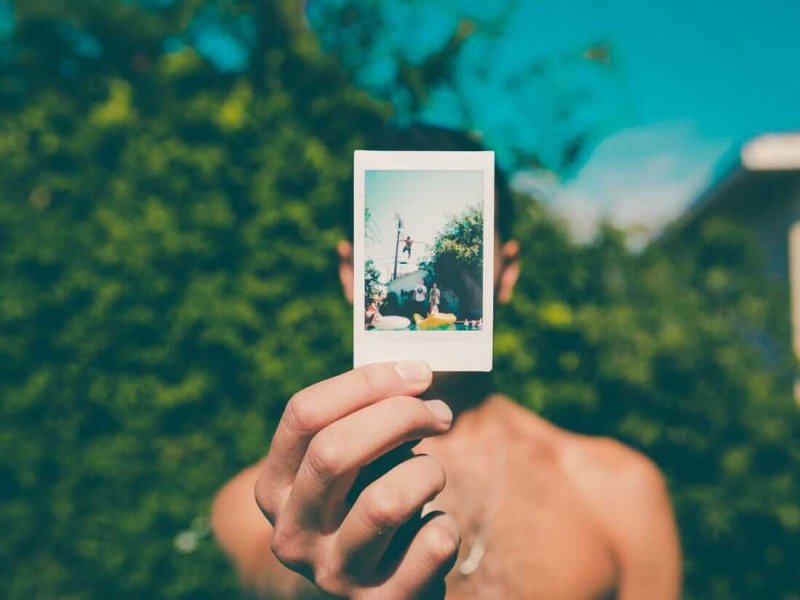In 2015, memory researcher and psychologist Julia Shaw and her co-author published a study on false memories. Over the course of several interviews, they claimed to have convinced a substantial percentage of volunteers into recalling false childhood memories. In one especially frightening experiment, they reported that around 70 percent of volunteers could be made to recall false memories of having committed a crime as preteens.
…
Shaw’s latest study, published [April 8] in Frontiers in Psychology, took some of the recorded accounts from the original experiment and showed them to groups of volunteers in two new experiments, totaling over 200 people.
…
Across both experiments, volunteers appeared to do only slightly better than chance in guessing correctly that a memory was true, with roughly a 60 percent accuracy rate. And they weren’t statistically better than chance when it came to sniffing out a false memory.
…
“The main thing this research tells us is that false memories of highly emotional and criminal events look really convincing to other people,” Shaw, now an honorary research associate at University College London, told Gizmodo via email. This is significant because it could have serious implications for police, juries, and judges who rely on eyewitness testimony.































